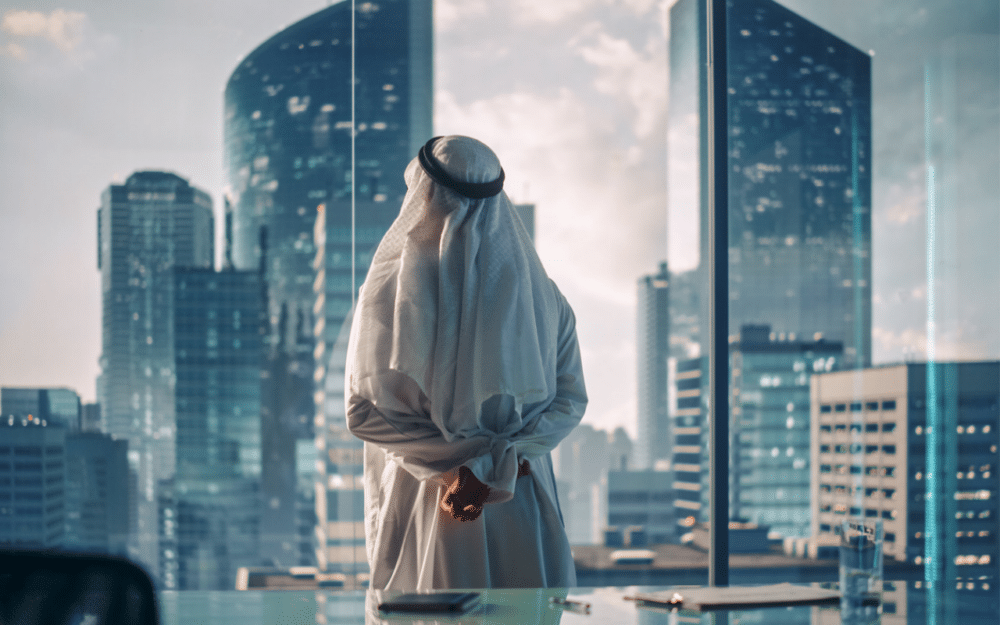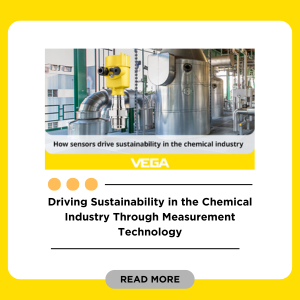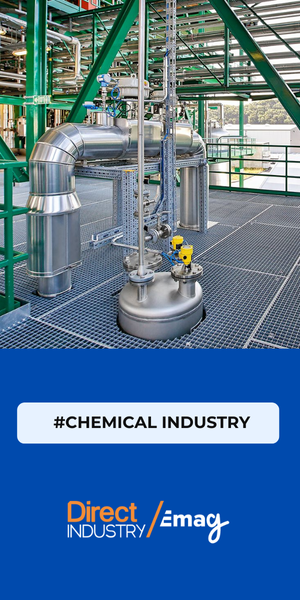Saudi Arabia’s transformative socio-economic masterplan is generating lucrative opportunities for Western businesses. We met with two French companies that are looking at this market.
The economy of Saudi Arabia has long been dominated by petroleum and its associated industries. In terms of oil reserves, Saudi Arabia ranks first internationally, with about one-fifth of known global reserves. Oil deposits are located in the east, southward from Iraq and Kuwait into the Empty Quarter, and under the waters of the Persian Gulf.
Vision 2030
Oil has driven economic development in Saudi Arabia for decades. But an overdependence on petroleum has also had its downsides. It leaves the country and its economy overly exposed to fluctuating world oil prices. As such prices stagnated in the 1990s, government policies encouraging larger families led to a marked increase in population. GDP per capita began to fall in real terms. And the Kingdom’s young, highly educated workforce began to face high rates of unemployment and underemployment. Today, while overall unemployment rates are dropping, youth unemployment remains high.
Saudi Arabia’s so-called “Vision 2030” was launched in 2016. This hugely ambitious 15-year plan aims to reduce the country’s reliance on oil. It also aims to enhance the quality of life for the Saudi Arabian people. The goals are a diversified economy with a focus on trade, “world-class health care and education” to give “young people the skills for the jobs of the future“, and a business-friendly environment to attract foreign direct investment and entrepreneurs.
In common with other visions that abound across the Gulf States, it plans to diversify into tourism and high-tech industries. These include AI and cryptocurrencies, all with an eye on sustainability and the environment.
READ ALSO
Attracting Foreign Investment
Saudi Arabia’s non-oil sector contributed 50% of GDP for the first time last year. With the country’s unprecedented economic transformation well underway, the horizon for Saudi Arabia is bright with the promise of continued growth.
Anchored by Vision 2030, the Kingdom is set to channel a whopping $3 trillion of foreign investment into its economy. With the country heavily reliant on overseas investment to achieve its goals, this monumental influx is not just reshaping the economic landscape, but opening the door to a realm of untapped opportunity for global businesses.
London-based R Consultancy Group helps businesses expand into the country. For Rana Maristani, founder and CEO:
“Saudi Arabia is increasingly open to overseas investment as it seeks to develop non-oil industries, improve infrastructure, and elevate living standards. Over the last few years, the Kingdom has been proactive in creating a more conducive investment environment, through measures such as business regulation improvement, the offering of incentives, and the establishment of special economic zones offering benefits such as tax exemptions and business support services.”
Today, the Saudi government is implementing myriad programs dedicated to growing its tourism, culture, healthcare, housing, financial, and energy sectors. With the country’s public and private sectors working arm-in-arm, a whole slew of headline-grabbing giga-projects are in various stages of development. These include NEOM, Jeddah Economic City, Qiddiya City, Red Sea Global, Project Glory, Jeddah Metro, and Diriyah Gate.
Key Industrial Sectors
Oil & Petrochemicals
Several economic sectors in Saudi Arabia are already strong. Despite the move towards diversification, Saudi Arabia’s oil and petrochemicals sector remains a driving force. On the back of the Kingdom’s vast oil and gas reserves, the country is now leveraging its position to enhance its petrochemical production value chain.
Retail
The retail sector in Saudi Arabia has also experienced robust growth in recent years, driven by a rising population and increasing consumer spending. The sector is supported by a mix of traditional retail and the increasing penetration of e-commerce.
Tourism
Saudi Arabia’s tourism sector – particularly religious tourism – has always been significant. Millions of people visit the holy cities of Mecca and Medina on an annual basis. Over the past three years, Saudi Arabia has issued more than 3,500 tourism investment licenses. Recent developments and improvements in infrastructure are focused on increasing the number of both religious and leisure tourists.
In the first nine months of 2023, Saudi Arabia saw record spending by foreign tourists. The country is now the world’s second-fastest-growing tourist destination. Initially aiming to attract 100 million visitors by 2030, the Kingdom has now raised its target to 150 million.
Sustainability
Many other economic sectors are also on steep upward trajectories. Saudi Arabia is pursuing a green initiative to generate half its electricity with renewables by 2030. It also has the goal to plant 10 billion trees by the same time. The idea is to cut 278 million tons of CO2 by the end of the decade. The country wants to hit net zero by 2060. The Kingdom wants to be an energy powerhouse – a regional center of manufacturing, high-tech, and climate-friendly exports. For Rana Maristani:
“The Vision 2030 document emphasizes the development of renewable energy sources, such as solar and wind, given the country’s climatic advantages. The goal of generating 9.5 gigawatts of renewable energy by 2030 opens up opportunities for Western companies specializing in solar and wind technology, energy storage solutions, and green construction technologies. The country’s vast, sunlit deserts and significant investment in green energy make it a fertile ground for renewable energy projects.”

ICT
With a value exceeding $40.9 billion and contributing 4.1% to GDP, Saudi Arabia’s information and communications technology (ICT) market is the fastest growing in the Middle East. The Kingdom is strategically poised to evolve into a hub for technology services and cloud computing, catering to European, Asian, and African markets.
“The realization of Vision 2030 entails massive investment in digital infrastructure to support the growth of a wide range of tech-based sectors. This includes enhancing the digital skills of the workforce and promoting various smart city initiatives. As a result, there are significant opportunities for overseas tech companies in areas such as cybersecurity, fintech, AI, and e-commerce.”
The lifting of restrictions on entertainment in Saudi Arabia, and the push to expand the tourism sector beyond religious pilgrimages, are presenting burgeoning opportunities in theme parks, cinemas, cultural festivals, and hospitality management. Western businesses with expertise in entertainment – from digital gaming to live shows – are finding lucrative opportunities as the country’s tourism and entertainment sectors continue to develop.
As part of Vision 2030, Saudi Arabia is also expanding its healthcare infrastructure and services. This includes medical cities and the privatization of healthcare services. This is providing opportunities for Western medical equipment manufacturers, healthcare service providers, and pharmaceutical companies. Other sectors such as mining and advanced manufacturing (including military manufacturing) also offer rich rewards for Western businesses with cutting-edge technical expertise and a desire and capacity to expand into the Middle East.
Two French Companies
DirectIndustry met with two French companies looking towards Saudi Arabia to expand their business and take advantage of the current and upcoming boom in the Kingdom. One, Limatech, is developing lithium batteries to decarbonize aviation. The other, Greentech, offers biotechnologies for health, agronomy, and cosmetics. Both believe they can meet Saudi Arabia’s needs with their solutions and, in return, capture market share.
Greentech
Mohamed Gareche, Greentech’s Middle East manager, states:
“Saudi Arabia is a country undergoing rapid transformation with giant and mega projects. All these projects are geared towards the future economy. Billions of euros are being invested, and now it’s up to us to build wealth with them locally.”
Greentech develops active ingredients from marine, plant, and microbial sources, such as microalgae. The company plans to focus on agronomy in the country, offering natural solutions to increase yields, likely to appeal to the arid country highly dependent on food imports.
“Middle Eastern countries prioritize food security due to their vulnerability to climate change and heavy reliance on food imports. For instance, in 2023, Saudi Arabia faced a melon crop crisis, resorting to importing from Egypt due to a harmful bacteria outbreak. Fortunately, our innovative approach harnesses natural bacteria to combat plant pathogens, enhancing yields, nutrient content, and water retention. This solution is especially crucial in arid regions like Saudi Arabia, where groundwater resources are strained.”
Mohamed has visited Saudi Arabia and is already opening a subsidiary to produce and sell Greentech solutions locally.
Limatech
Limatech is another company interested in commercial opportunities in this country. The company has developed a lighter lithium aircraft starter battery than traditional batteries, saving up to 120 kilograms on an Airbus A320. Florence Robin, the co-founder also believes they have a solution that interests the country:
“The Middle East and North Africa are experiencing a boom in aviation. They are building immense MRO facilities and gigantic airports; they want to become a hub. There are a lot of projects happening. Fifty percent of new aircraft sales are in the region. So, there will be significant fleets to retrofit with lithium batteries.”
A significant market for this young company. Florence also visited the country and even discovered another outlet for her batteries: mining as well as renewable energies.
“They are industrializing their country, installing wind turbines, implementing solar energy. And for all of this, they will need battery containers in quite astronomical quantities.”
Leveraging Opportunities
While Saudi Arabia offers growing business opportunities, challenges such as bureaucracy, the frequent need for local sponsorship, and navigating local business practices can pose hurdles. Companies should be prepared to invest time and resources in understanding these aspects and consider long-term commitments to see substantial returns.
Investing in Saudi Arabia can offer rich rewards, but it requires a thorough understanding of the local environment, says Rana Maristani:
“By respecting local customs, engaging with experienced local partners, and adapting to relevant legal and business frameworks, Western businesses can effectively tap into one of the most promising markets in the Middle East.”
Florence Robin from Limatech confirms:
“Culturally, it doesn’t work the same way. It’s indeed very different from what we know in Europe. In Saudi Arabia, people handle everything via WhatsApp and not through emails. So, we adapted, we discovered, and we loved it.”
Engaging consultancies with experience and expertise in various industrial sectors in Saudi Arabia can be invaluable in this regard. R Consultancy Group provides strategic insights, practical advice, and strong local networks essential for navigating the Saudi market successfully.
In France, Business France plays this same role for French companies. The government agency already supports Limatech and Greentech in the Saudi market.











![Image [Best of 2025] Power Moves in the Energy World](/wp-content/uploads/sites/3/energy-320x213.jpg)